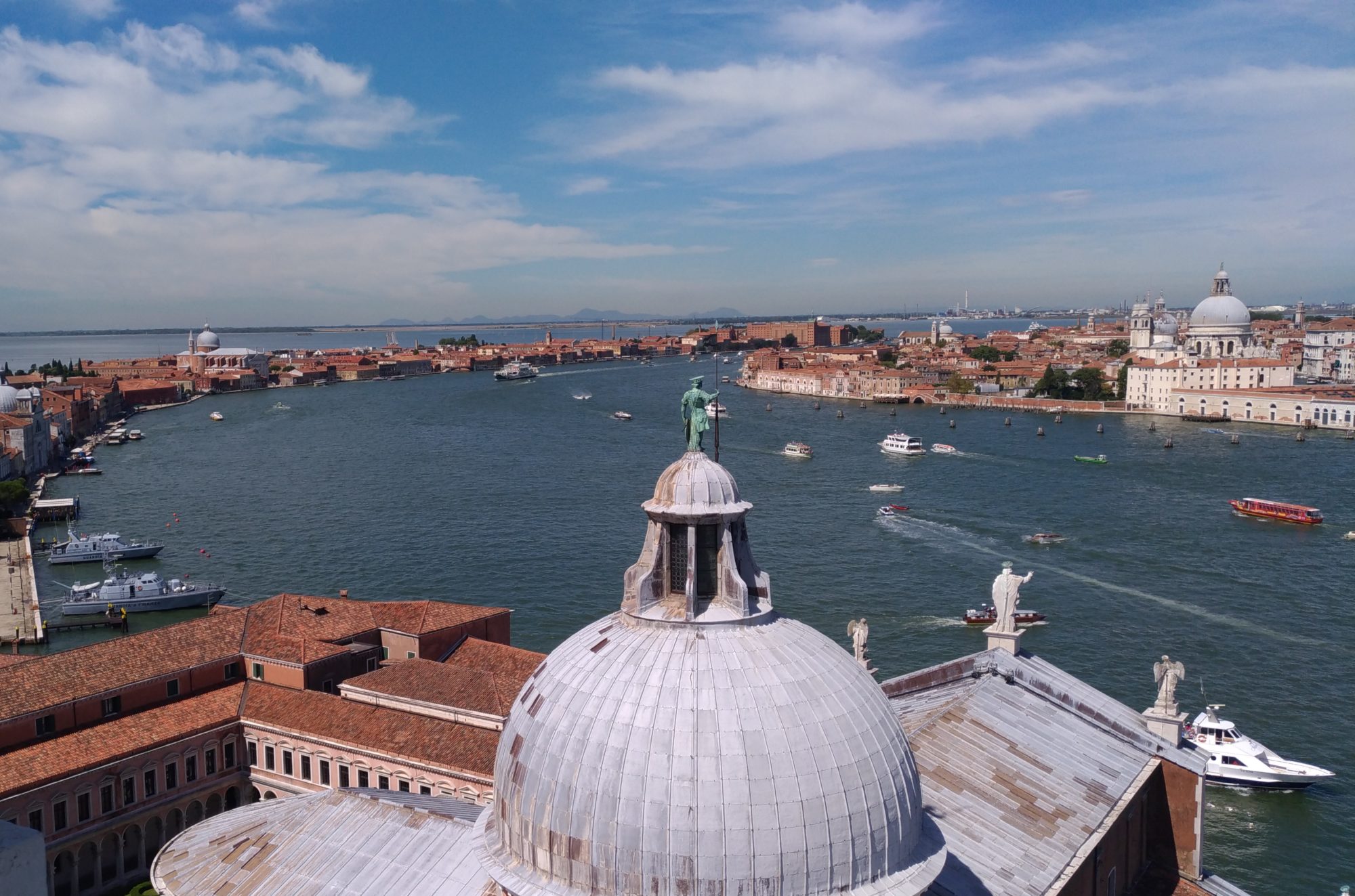Our services:
Policy analysis, support to policy implementation, identification of policy solutions to environmental issues, bridging science-to-policy
Client: UNEP/MAP – Plan Bleu
The policy paper sets forward a list of objectives and actions for promoting Blue Economy in the Mediterranean, based on the technical and policy results of the Blue Growth Community. Recommendations also include contributions from external key stakeholders collected during the “Transition towards blue and green economies in the Mediterranean” conference, held in Brussels 19-20 September 2019. Specific policy recommendations for the three focal sectors are developed, namely yachting, marine renewable energy and maritime surveillance.
- Recommendation reports and policy briefs on how to minimize impacts of maritime economy on MPAs: PHAROS4MPAs project, MED programme
Clients: WWF Mediterranean/Thetis Spa; UNEP/MAP PAP-RAC
The PHAROS4MPAs project has explored how Mediterranean MPAs are affected by maritime activities and provides a set of practical recommendations for MPA managers, MSP authorities and businesses on how the environmental impacts of 7 sectors can be prevented or minimized.
Our contributions:
Maritime transport: Recommendations. Maritime transport: Policy brief.
Tour boats: Recommendations. Tour boats: Policy brief.
Client: UNEP/MAP – Plan Bleu
The Ecosystem Approach (EcAp) represents the overarching guiding principle to policy developments and implementation under the auspices of the Barcelona Convention. EcAp refers to a specific roadmap: Contracting Parties have committed to implementing EcAp with the ultimate objective of achieving Good Environmental Status (GES) of the Mediterranean Sea and coast. The IMAP (Integrated Monitoring and Assessment Programme) provides a mechanism to evaluate status and progress towards the achievement of GES by means of a set of common and candidate indicators. In this framework, a possible structure, expected actions and key actors of a SPI for IMAP have been identified, aiming at bridging the gap between science and policy, and connecting information production and knowledge generation to foster its use in the decision-making process for marine ecosystem protection in the Mediterranean.

